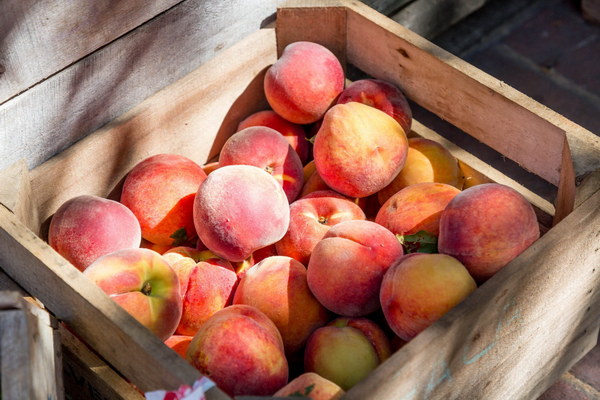Spleen Deficiency Nourishing Your Way to Health with These Diet Supplements
Introduction:
Spleen deficiency is a common condition in traditional Chinese medicine (TCM) that affects many people. It refers to a condition where the spleen, an important organ responsible for digestion and absorption, does not function optimally. This can lead to various symptoms such as fatigue, bloating, and weight gain. To combat this condition, TCM suggests a diet rich in spleen-nourishing foods and supplements. In this article, we will explore the best foods and supplements to help you nourish your spleen and improve your overall health.
1. Brown Rice:
Brown rice is a staple food in many cultures and is known for its spleen-nourishing properties. It is rich in B vitamins, fiber, and other nutrients that support healthy digestion and absorption. Incorporating brown rice into your diet can help improve your spleen function and alleviate symptoms of deficiency.
2. Millet:
Millet is another spleen-nourishing grain that is packed with nutrients. It is known for its ability to strengthen the spleen and boost energy levels. Millet can be cooked and consumed as a side dish or mixed with other grains for a more nutritious meal.
3. Sweet Potatoes:
Sweet potatoes are a fantastic source of beta-carotene, vitamin C, and fiber. They are also rich in B vitamins, which are essential for spleen health. Consuming sweet potatoes regularly can help improve your spleen function and provide you with a natural energy boost.
4. Quinoa:
Quinoa is a gluten-free, high-protein grain that is perfect for people with spleen deficiency. It is rich in amino acids, minerals, and antioxidants, which support healthy digestion and absorption. Quinoa can be used in various dishes, from salads to soups, to help nourish your spleen.
5. Squash:
Squash, such as butternut, acorn, and spaghetti squash, is a nutritious vegetable that can help improve spleen function. They are high in fiber, vitamins, and minerals, which are essential for maintaining a healthy digestive system. Adding squash to your diet can help alleviate symptoms of spleen deficiency.

6. Nuts and Seeds:
Nuts and seeds, such as almonds, walnuts, chia seeds, and flaxseeds, are excellent sources of protein, healthy fats, and other nutrients that support spleen health. They can be consumed raw, roasted, or ground into a paste to be added to smoothies or oatmeal.
7. Supplements:
In addition to incorporating these foods into your diet, you may also consider taking certain supplements to support your spleen health. Here are a few options:
- Licorice Root: Licorice root is a well-known herb in TCM that has been used for centuries to nourish the spleen. It can be taken as a tea or in supplement form.
- Astragalus: Astragalus is another popular TCM herb that supports spleen health and boosts the immune system. It is available as a powder, tincture, or tablet.
- Reishi Mushroom: Reishi mushroom is a powerful adaptogen that helps regulate the immune system and support overall health, including spleen function.
Conclusion:
Spleen deficiency can lead to a variety of health issues, but with the right diet and supplements, you can help improve your spleen function and alleviate symptoms. Incorporating spleen-nourishing foods like brown rice, millet, sweet potatoes, quinoa, squash, nuts, and seeds into your diet, as well as considering supplements like licorice root, astragalus, and reishi mushroom, can help you achieve better health and vitality. Remember to consult with a healthcare professional before starting any new supplement regimen.









